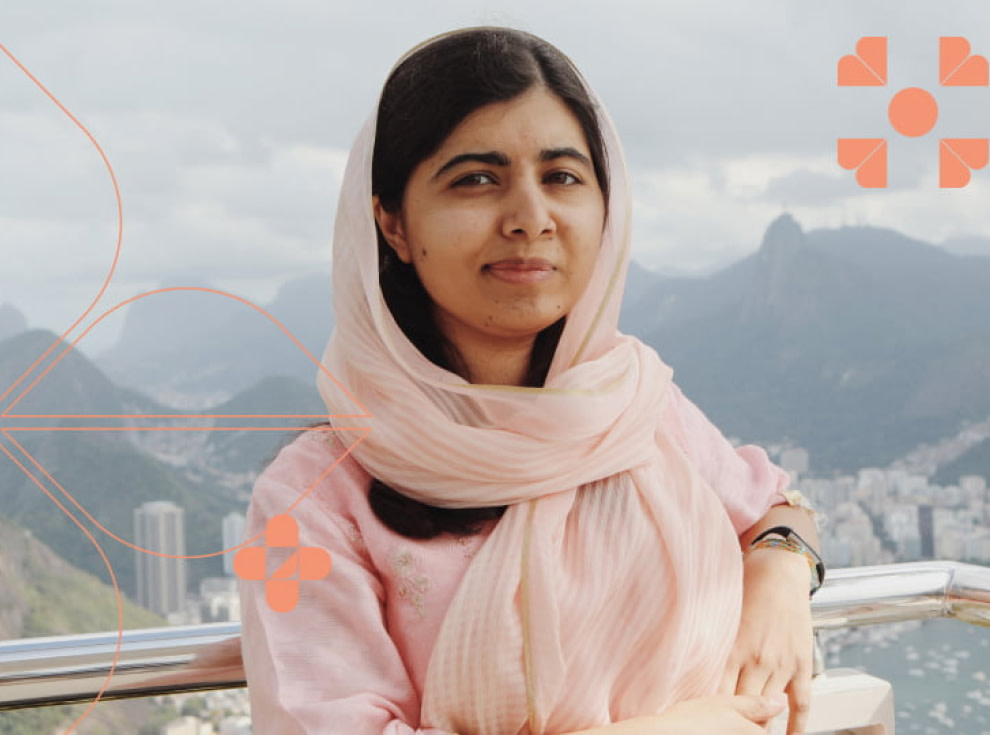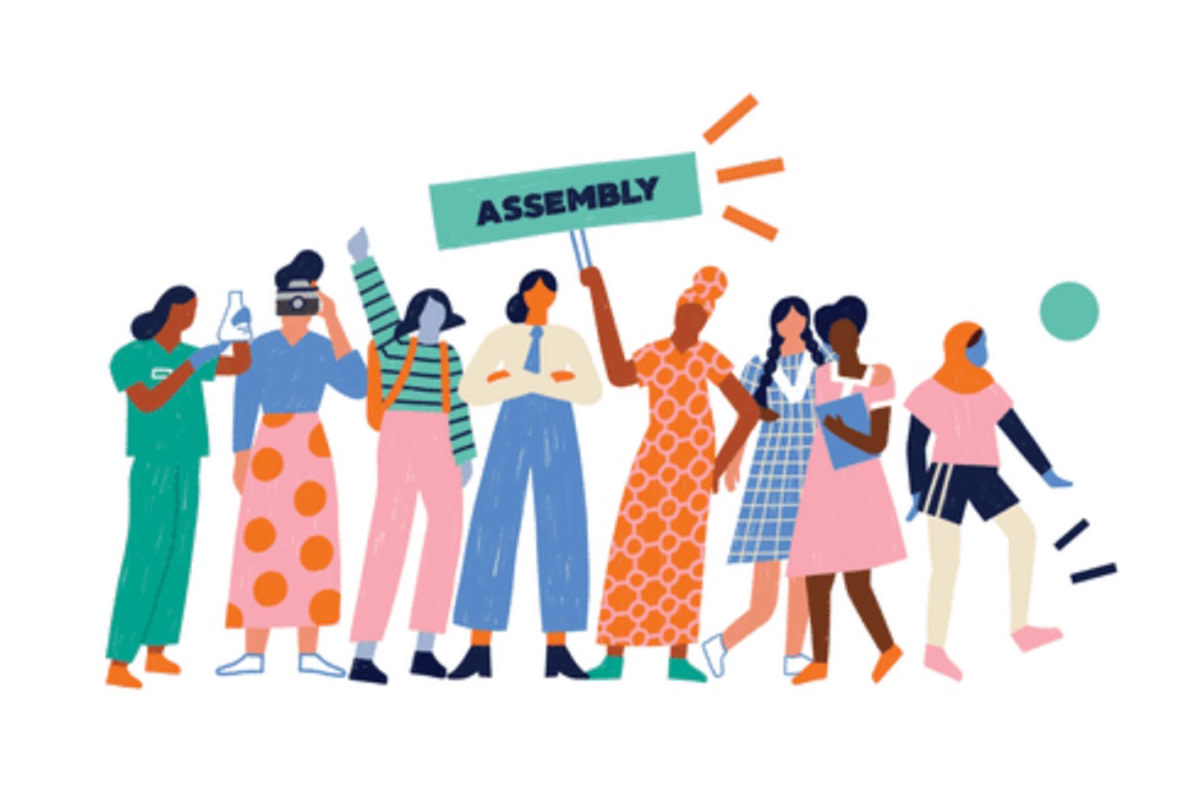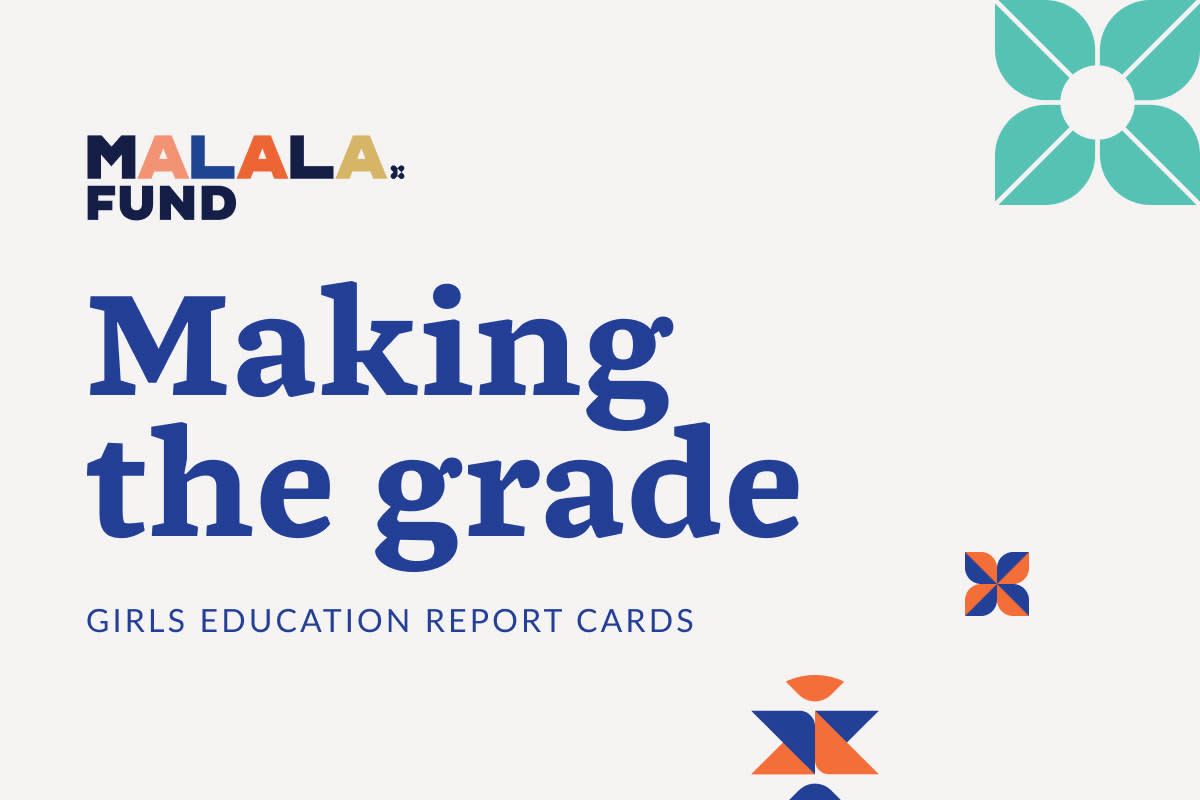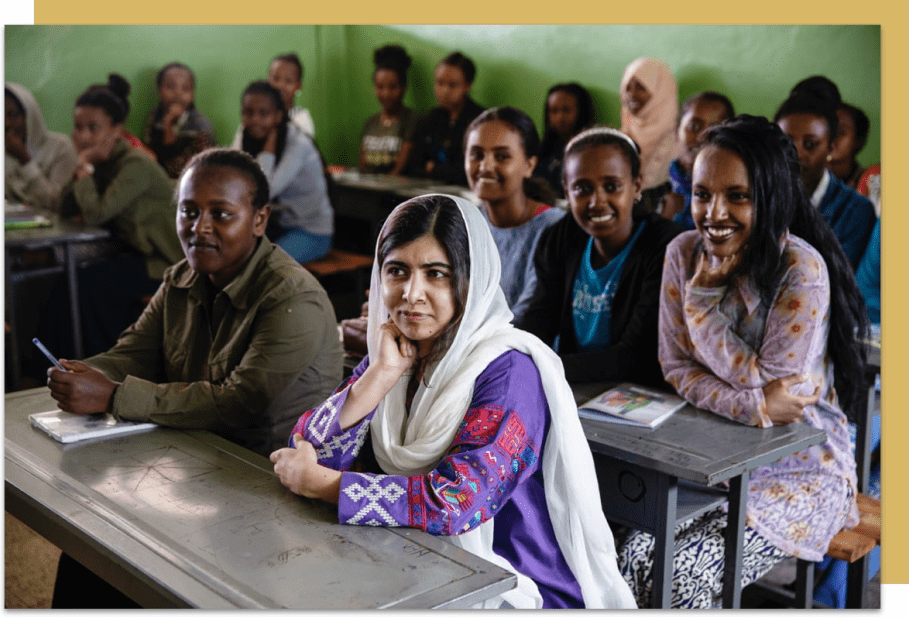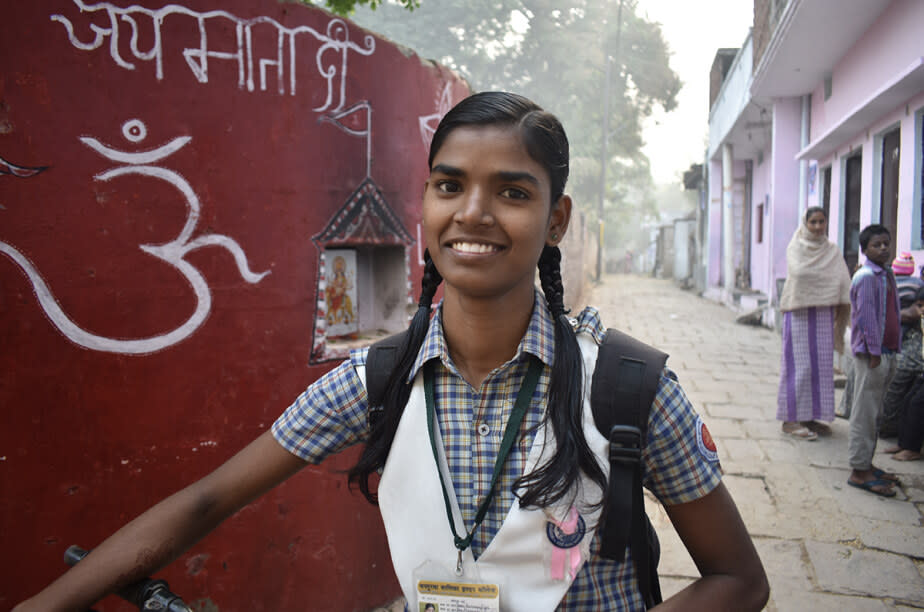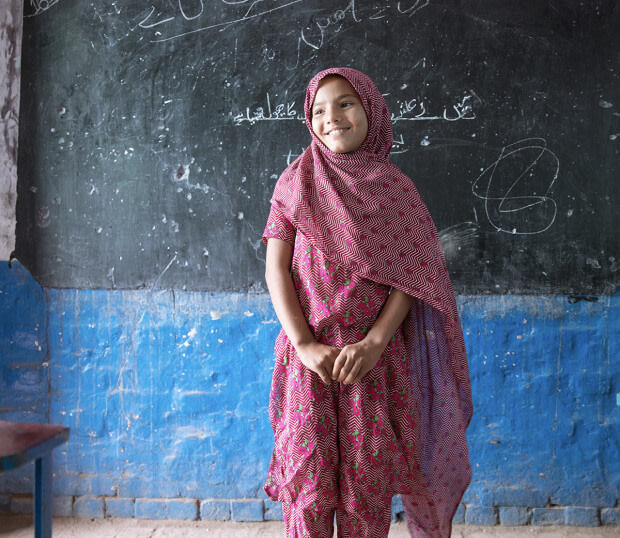Our mission
Malala Fund champions 12 years of safe, free, quality, education for every girl.
What we do
Nearly than 120 million girls are out of school today. Here’s how we’re breaking down the barriers that hold girls back.
We build networks of education advocates.
Through our Education Champion Network, we invest in local educators and activists — the people who best understand girls in their communities — in regions where the most girls are missing out on secondary education. We leverage their collective power to create broader change and make it easier for all girls to learn.
We advocate to hold leaders accountable.
We advocate — at local, national and international levels — for resources and policy changes needed to give every girl a secondary education. We influence governments to invest in girls' education and hold them accountable for their commitments.
We help develop the next generation of young leaders.
Girls should speak for themselves and tell leaders what they need to learn and achieve their potential. Our Girl Programme gives girls the tools and resources they need to advocate for education and equality in their communities and a platform for the world to hear their voices.



Why girls’ education?
Malala Fund works to secure 12 years of safe, free, quality education for all girls so they can learn and lead without fear. When girls complete secondary school, they have more opportunities to make their own life choices and reach their fullest potential.
It is a right.
Every child has a right to education. All girls — regardless of income level, social status, race or cultural background — have a right to learn on equal terms with boys including access to quality teachers, curriculums and learning materials.
It promotes gender equality.
Quality education challenges gender beliefs and discrimination and increases girls’ ability to choose their futures. When they can fully participate in society, politics and the economy, educated girls and women reshape gender roles and advocate for their own rights.
It strengthens economies.
Educated women provide vital skills and knowledge to the workforce, driving economic growth and innovation. Women with secondary education earn almost twice as much as women with no education. When women earn more, they uplift their families and contribute to national economies.
It supports climate action.
Education equips girls with the know-how to help communities adapt to and mitigate the effects of climate change. In countries that invest in girls’ education, significantly less people die from droughts and floods than in countries with lower levels of girls’ education.
It builds healthier communities.
When girls are educated, communities are healthier and experience less maternal and child deaths. Women with secondary education make better health care decisions for themselves and their families. They are more likely to identify needed improvements to public services in their communities.
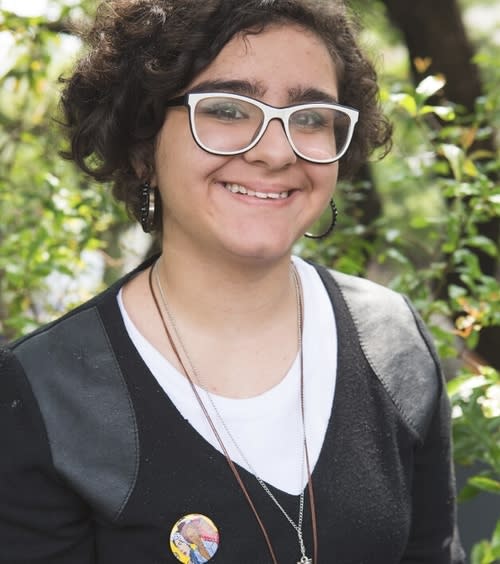
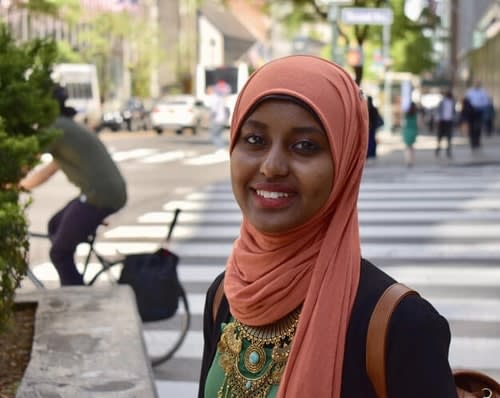
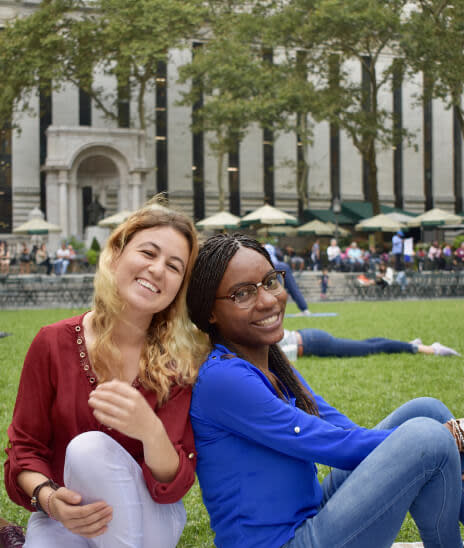
Where we Work
Malala Fund invests in educators and activists fighting for girls’ education in countries where they are most likely to be out of school.
Our co-founders
Malala Yousafzai
Malala Yousafzai is co-founder and executive chair of Malala Fund. Malala began her campaign for education at age 11 when she anonymously blogged for the BBC about life under the Taliban in Pakistan’s Swat Valley. Inspired by her father’s activism, Malala soon began advocating publicly for girls’ education — attracting international media attention and awards.
At age 15, she was attacked by the Taliban for speaking out. Malala recovered in the U.K. and continued her fight for girls. In 2013 she co-founded Malala Fund with her father, Ziauddin. A year later, Malala received the Nobel Peace Prize in recognition of her efforts to see every girl complete 12 years of free, safe, quality education.
Malala is a graduate of Oxford University with a degree in Philosophy, Politics, and Economics.

Ziauddin Yousafzai
Ziauddin Yousafzai is a co-founder and board member of Malala Fund and Malala’s father. For many years, Ziauddin served as a teacher and school administrator in his home country of Pakistan.
When the Taliban invaded their home in Swat Valley, Ziauddin peacefully resisted their efforts to limit personal freedoms. Speaking out put Ziauddin at risk, but he feared remaining silent would be far worse. Inspired by her father’s example, Malala began publicly campaigning for girls to go to school.
In October 2009, The New York Times filmed a short documentary about Ziauddin and Malala’s fight to protect girls’ education in Swat. Due to her increased prominence, Malala was shot in the head by the Taliban two years later. Malala survived and was transported to the United Kingdom for treatment. Ziauddin, his wife, Toor Pekai and their two sons joined Malala in Birmingham.
Determined to continue their campaign, Ziauddin and Malala founded Malala Fund in 2013. Together they champion every girl’s right to 12 years of free, safe, quality education.

